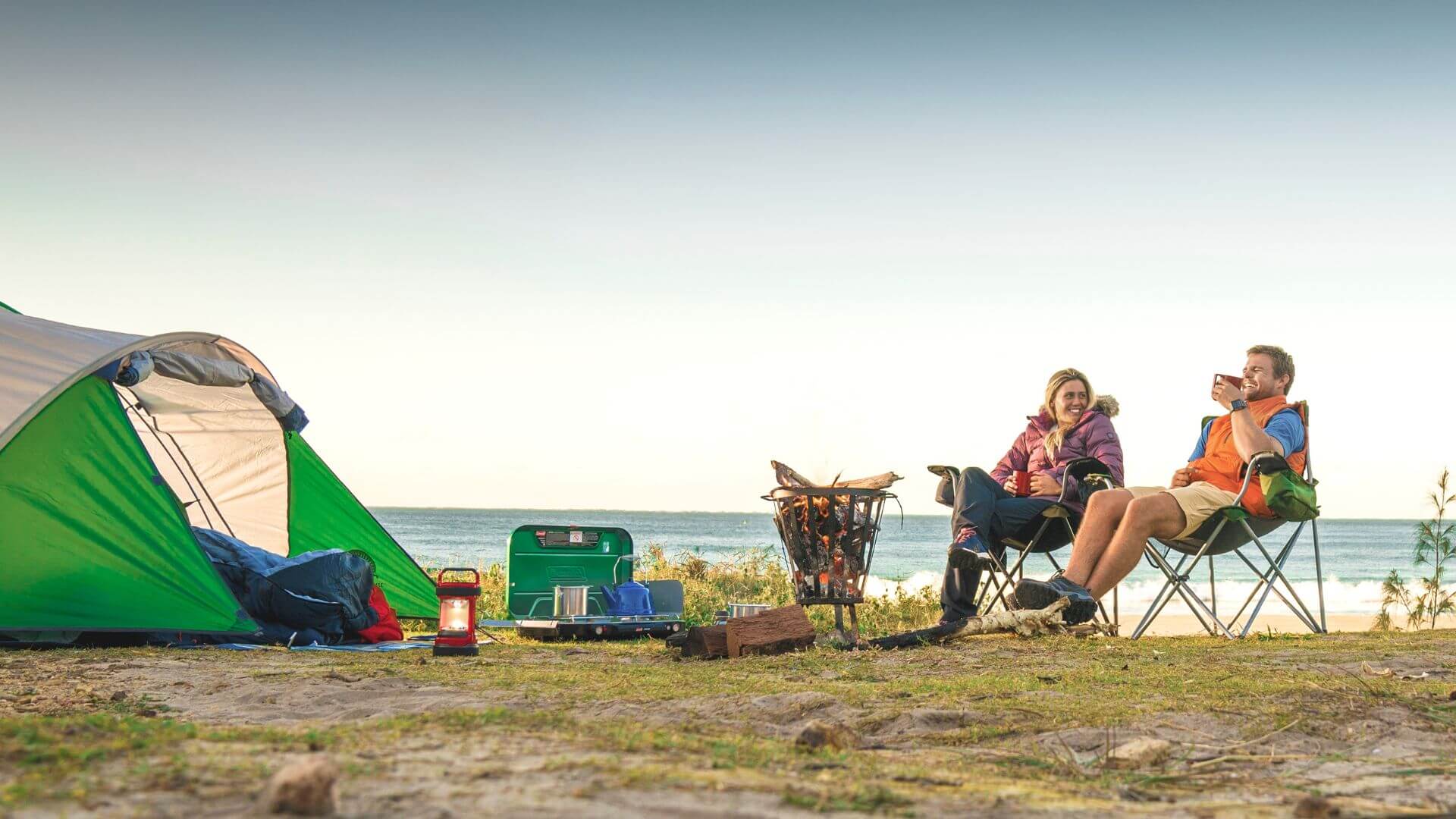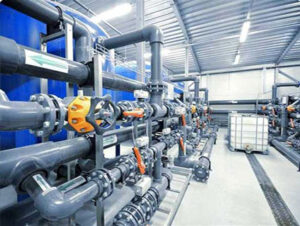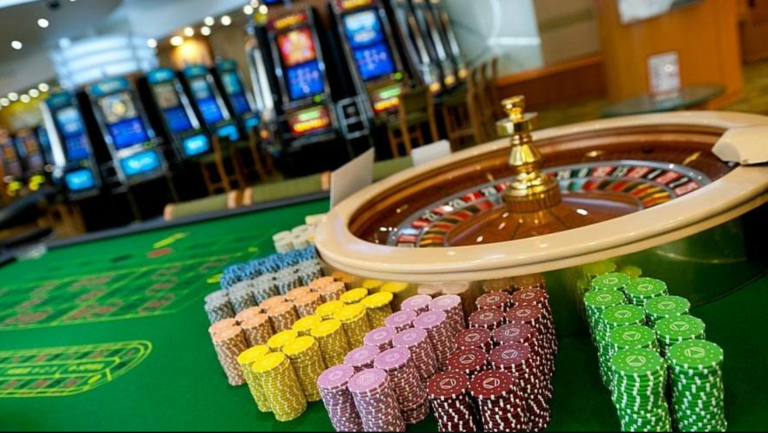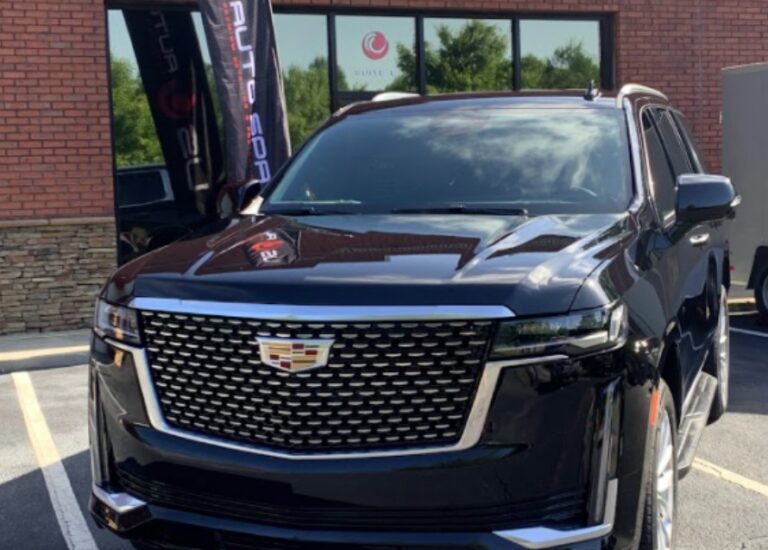Summer camping is one of life’s simplest yet most rewarding experiences. It offers a unique opportunity to disconnect from the modern world, immerse yourself in nature, and create unforgettable memories with friends and family. Whether you’re a seasoned outdoor enthusiast or a first-time camper, there’s something about the crisp air, star-filled nights, and the crackle of a campfire that makes summer camping so special.
This comprehensive guide will walk you through everything you need to know to make your summer camping adventure enjoyable, safe, and stress-free. From choosing the right campsite to packing the perfect gear, here’s how to embrace the great outdoors this summer.
Why Summer Camping
Before we dive into the practical details, let’s talk about why summer camping is so popular and why it’s worth experiencing. Summer provides ideal weather for camping: moderate temperatures, longer days, and an abundance of natural beauty. You can engage in a wide range of activities, from hiking and swimming to fishing and stargazing.
Summer also brings the perfect opportunity to bond with friends and family, unplug from digital distractions, and recharge your batteries in a tranquil, natural environment. Whether you’re looking to get active or just relax, summer camping offers something for everyone.
Choosing the Right Campsite
Location, Location, Location
The first step in planning your camping trip is choosing the right campsite. Factors like weather, terrain, access to amenities, and activities will all influence your decision.
National Parks and State Parks
National and state parks are often the top choice for camping. They offer well-maintained campsites, scenic views, and a variety of outdoor activities. Popular national parks like Yellowstone, Yosemite, and the Grand Canyon are famous for their natural beauty, while state parks often provide quieter, less crowded alternatives.
Backcountry Camping
For more experienced campers, backcountry camping offers a chance to truly disconnect from civilization. These sites typically require a bit more preparation, including securing permits, packing in all of your gear, and sometimes navigating rough trails.
Private Campgrounds
If you’re looking for a mix of nature and comfort, private campgrounds can be a great option. Many private sites offer amenities like electricity, running water, and even Wi-Fi, which can be a welcome luxury for those new to camping.
Campsite Features
Consider the features of the site before booking. Do you want a lakeside spot for swimming? A forested area for shade? Or a secluded spot away from the crowds? Make sure to check reviews, maps, and recommendations for any hidden gems.
Check Availability and Book Early
During the summer, campsites can fill up quickly, especially in popular locations. It’s important to plan ahead and reserve your spot as early as possible. Many parks and campgrounds offer online booking, which makes the process easier. Also, be mindful of any restrictions or regulations, such as pet policies, fire bans, or group size limits.
Essential Camping Gear
Packing the right gear is crucial to a successful camping trip. The last thing you want is to realize you’ve forgotten something important when you’re miles from the nearest store. Here’s a breakdown of the essentials:
Shelter and Sleeping Gear
Tent
Choose a tent that fits your group size and is appropriate for the conditions you’ll be facing. A 3-season tent is a good option for summer camping as it’s designed to withstand rain and wind while allowing for proper ventilation. Be sure to bring a footprint (ground tarp) to protect the bottom of your tent from rocks and moisture.
Sleeping Bag
Sleeping bags come in various temperature ratings, so pick one that’s suited to the climate. For summer camping, a sleeping bag rated for 35°F to 50°F is typically sufficient. Lightweight and breathable options are ideal to avoid overheating.
Sleeping Pad or Air Mattress
A good sleeping pad or air mattress will keep you comfortable and insulated from the cold ground. Inflatable pads are compact and easy to pack, while foam pads are more durable and lighter.
Pillow
While some campers prefer to use a stuff sack filled with clothes, a camping pillow can make a world of difference for a good night’s sleep.
Cooking and Food Preparation
Camp Stove or Grill
If you plan on cooking meals at your campsite, a portable camp stove or grill is a must-have. Gas stoves are easy to use and maintain, while wood-burning stoves provide a more rustic experience. Always check the local fire restrictions before using any stove.
Cookware
Lightweight and durable cookware is essential for preparing meals in the outdoors. A basic camp cookware set should include a pot, pan, spatula, and perhaps a kettle for boiling water.
Utensils and Plates
Reusable utensils, plates, and cups will save you from using disposable plastic. A mess kit or a compact set of camping dishes can make clean-up a breeze.
Cooler
For keeping food fresh, especially if you’re camping for several days, a cooler is necessary. Ensure it’s large enough for your food and drinks, and use ice packs to extend its cooling capabilities.
Clothing and Personal Gear
Weather-Appropriate Clothing
Summer weather can be unpredictable, so it’s important to layer your clothing. Bring lightweight, moisture-wicking clothes for warm days and a few warmer layers for chilly evenings or early mornings. A lightweight rain jacket is also a good idea.
Footwear
Comfortable shoes are a must for hiking and exploring. Consider trail runners or hiking boots with good support and grip. Don’t forget to bring sandals or camp shoes for relaxing around the campsite.
Hats, Sunglasses, and Sunscreen
Protection from the sun is essential when camping in summer. A wide-brimmed hat, UV-blocking sunglasses, and a high SPF sunscreen will keep you safe and comfortable during long outdoor days.
Headlamp or Flashlight
A headlamp is hands-free and convenient for setting up camp or walking around at night. Be sure to bring extra batteries and a flashlight as a backup.
Safety and Navigation
First Aid Kit
Always pack a comprehensive first aid kit with bandages, antiseptic wipes, pain relievers, tweezers, and any personal medications. Be sure to check the kit’s contents before you head out and restock any missing items.
Map and Compass/GPS
Even if you’re camping in a well-marked area, it’s a good idea to bring a map and compass, or a GPS device, especially if you plan on hiking or exploring backcountry trails.
Water Filtration
Access to clean drinking water is critical when camping. A water filter or water purification tablets can help you safely drink from streams, lakes, or other water sources. Always have extra bottled water as a backup.
Emergency Whistle and Multi-tool
A whistle can signal for help in an emergency, and a good multi-tool can be used for anything from food preparation to gear repairs.
Fun Extras
Camping Chairs
Comfortable folding chairs make sitting around the campfire or relaxing at your campsite much more enjoyable.
Hammock
A lightweight hammock is a perfect way to relax and take a nap while enjoying the sights and sounds of nature.
Campfire Supplies
If the site allows campfires, don’t forget to bring fire-starting materials, such as waterproof matches, a lighter, and kindling.
Summer Camping Activities
A major highlight of camping is the endless opportunities for outdoor activities. Summer offers the perfect weather for getting active, exploring, and relaxing in nature. Here are some ideas for fun things to do during your camping trip:
Hiking
Many campsites are situated near scenic trails that offer varying levels of difficulty, from easy walks to more strenuous hikes. Hiking is a great way to explore the surrounding wilderness, enjoy breathtaking views, and stay active. Always check trail conditions and pack enough water and snacks for the journey.
Swimming and Water Sports
If your campsite is near a lake, river, or beach, swimming can be a fantastic way to cool off in the summer heat. You might also consider kayaking, canoeing, paddleboarding, or fishing, depending on what’s available in your area.
Wildlife Watching
Summer is prime time for observing wildlife. Depending on your location, you might see birds, deer, squirrels, bears, or even elk. Always follow safety guidelines and observe animals from a distance. Remember that feeding wildlife is harmful to both you and the animals.
Stargazing
With the absence of city lights, summer camping provides an amazing opportunity to stargaze. Bring a star map or use a stargazing app to identify constellations and planets. On clear nights, you may even catch a glimpse of meteor showers or the Milky Way.
Campfire Cooking
Food always tastes better when it’s cooked over an open flame. Try making classic camping meals like s’mores, foil packet dinners, or grilled vegetables. Make it a fun family or group activity by gathering around the fire and sharing stories.
Playing Games
From card games to frisbee, camping is a great time to enjoy games with family and friends. Bring along a deck of cards, a frisbee, or a board game that’s easy to transport.
Tips for a Successful Summer Camping Trip
Here are a few pro tips to ensure your camping trip goes smoothly:
Practice Leave No Trace
Respect nature by following Leave No Trace principles, including packing out all trash, avoiding damage to plants, and minimizing your environmental impact.
Plan for the Weather
Summer weather can change quickly, so be prepared for sudden rainstorms or cool evenings. Always check the weather forecast before you go.
Bring Entertainment
While nature itself is a great distraction, it’s a good idea to bring a book, journal, or a portable speaker for music or podcasts (if you want to occasionally indulge in technology).
Know Your Limits
Don’t overexert yourself. Whether hiking, swimming, or setting up camp, know your limits and pace yourself to avoid burnout or injury.
Stay Hydrated
The summer heat can be intense, so always carry plenty of water to stay hydrated. Drink before you’re thirsty, as dehydration can sneak up on you.
Conclusion
Summer camping is an unparalleled way to experience the beauty and serenity of the natural world. By planning ahead, packing smartly, and embracing outdoor activities, you can make the most of your camping trip and create memories that will last a lifetime. Whether you’re camping solo, with friends, or with family, the magic of summer camping lies in the connection to nature and the joy of being outdoors.
So, grab your gear, pick your campsite, and get ready for an adventure that will help you embrace the great outdoors like never before. Happy camping!












+ There are no comments
Add yours